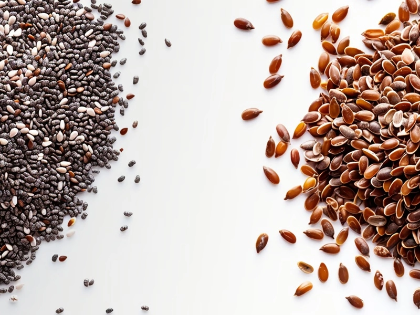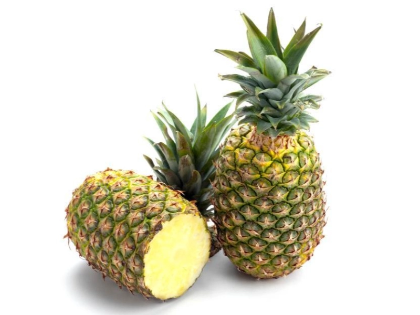Honey's Potential in Managing Seasonal Allergies
Recognising Seasonal Allergies
Often known as hay fever or allergic rhinitis, seasonal allergies are brought on by the immune system's reaction to allergens including dust, pollen, and mold grains. Among the symptoms could include sneezing, runny or stuffy nose, itchy eyes, and tiredness. Usually, these allergies develop during particular seasons when some plants spew pollen into the atmosphere. Although controlling these symptoms can be difficult, natural therapies including honey have attracted interest for their possible advantages.
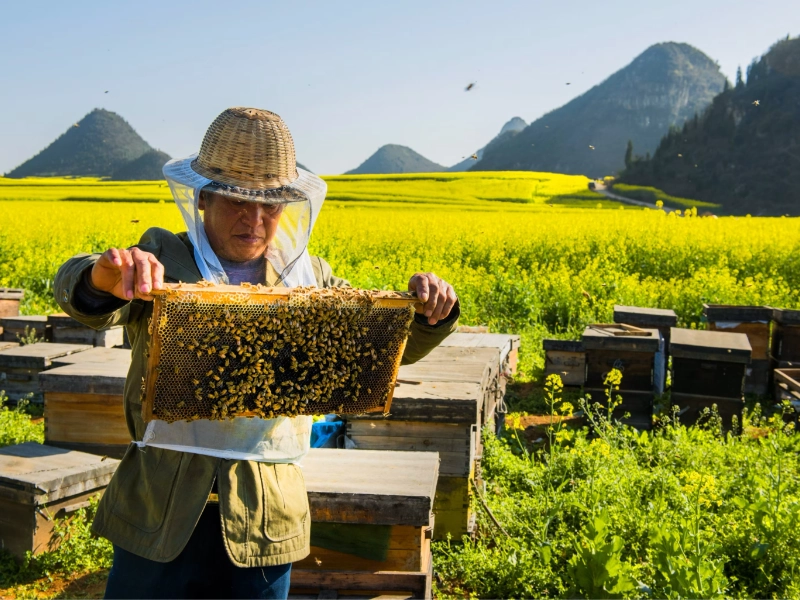
Honey's Comprising Ingredients
Made from nectar of flowers, honey is a natural sweetener created by bees. Its make-up calls for certain carbohydrates, vitamins, minerals, and antioxidants. The flowers from which the nectar comes will affect the particular qualities of honey. Particularly raw honey keeps phytonutrients, antioxidants, and useful enzymes that help to explain its health advantages. Investigating honey's possible use in controlling seasonal allergies depends on an awareness of its special makeup.
Local Honey: Its Function
One prevalent opinion is that local honey can aid with seasonal allergies. This notion holds that local honey has minute levels of pollen from nearby flora. Honey is supposed to boost immunity and lower allergy responses by progressively adding these pollen particles into the body. Though there is no scientific data on this subject, some people claim that local honey is a natural cure for their allergies.
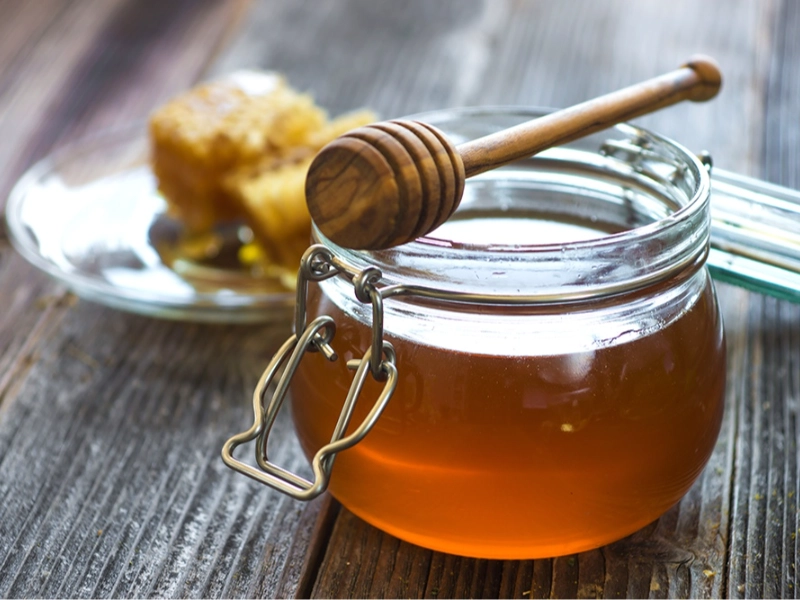
Antioxidant Characteristics of Honey
Antioxidants abound in honey and are absolutely vital in combating oxidative stress in the system. Oxidative stress can aggravate allergic reactions, therefore causing more inflammation and more severe symptoms. Honey's antioxidants—flavonoids and phenolic acids among other things—may assist the immune system and aid lower inflammation. Honey's anti-inflammatory properties might help people with allergies feel less miserable if they include it into their diet.
Honey: An Organic Antihistamine
Honey might have natural antihistamine qualities, according to some research. By suppressing the effects of histamine, a chemical produced during an allergic response, antihistamines are drugs frequently used to treat allergic reactions. Although honey cannot replace traditional antihistamines, its ability to stop histamine release could provide a complementing strategy for seasonal allergy management. More study is still required, though, to completely grasp this relationship.
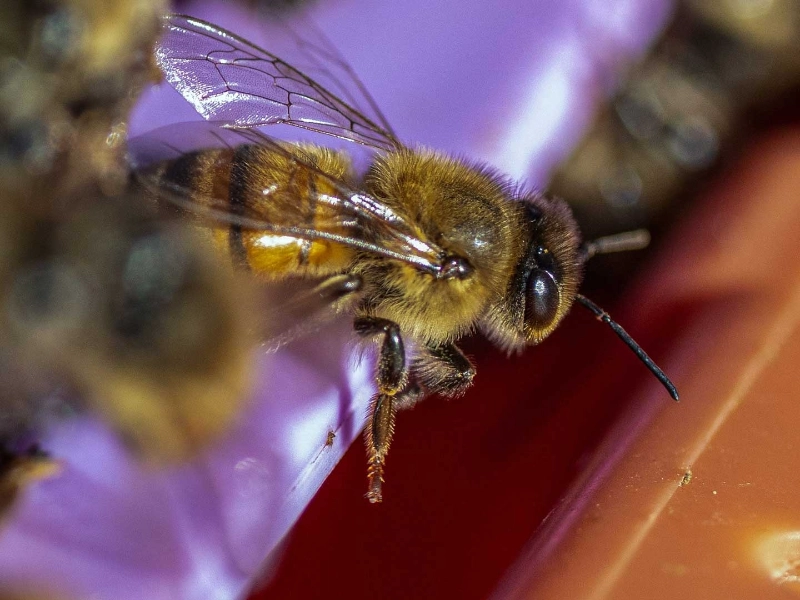
Including Honey into Your Meal Plan
There are several ways you may include honey into your everyday schedule to maybe help with allergies. While adding health advantages, honey can improve taste in tea, yogurt, or smoothies. In baking or cooking, it can also be a natural sweetener. Regular use of local raw honey could be especially helpful for those seeking to control seasonal allergies since it might expose the body to local pollen.
Safety Measures and Considerations
Although most individuals find honey to be generally harmless, there are several issues to take under consideration. Because of their danger of botulism, young infants under one year old should not eat honey. People who have particular allergies to bee products should also see a medical practitioner before applying honey as a cure. For those with severe allergies in particular, it is imperative to approach honey as a supplement rather than a substitute for traditional allergy drugs.

The Value of a Methodical Approach
Control of seasonal allergies usually calls for a combination of strategies. Apart from including honey in your diet, several techniques can assist to reduce discomfort. Better allergy control can come from staying indoors in high pollen counts, running air purifiers, and maintaining proper nasal hygiene. For those with seasonal allergies, a whole approach including dietary changes, lifestyle modifications, and natural therapies like honey might show the best effects.
Synopsis of Honey's Possibilities
Honey's special mix and possible health advantages have made it interesting as a natural cure for seasonal allergies. For some people, its antioxidant qualities, probable antihistamine action, and local honey consumption practice help reduce allergy symptoms. Although conclusive links need to be established by more research, including honey into a balanced diet can benefit general health and might help with allergy control. Combining honey with other preventive actions could help people experience better quality of life and get relief from the discomfort of seasonal allergies.



